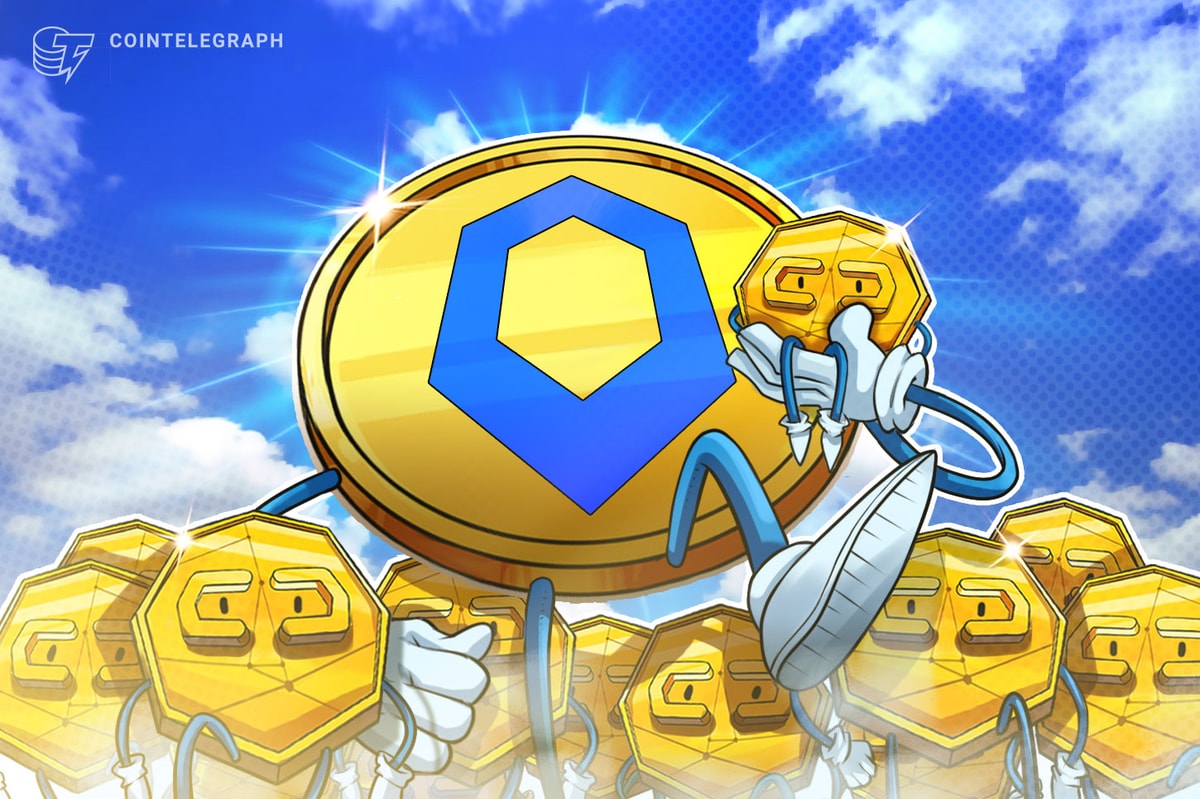The internet handles several million data transactions per second. The blockchain infrastructure is in its technological infancy compared to the current iteration of the internet. Yet, blockchain is not just an infrastructure layer; it is an economic layer too. These economic features of the blockchain can potentially address the challenges of the internet.
In a blockchain-based world, the tokenomics of a metaverse (the new internet) platform allows more inclusive incentives. These metaverse applications can be inclusive from a shareholding (governance token) and user incentivization (utility token) perspective.
Active participants in the metaverse ecosystems often hold utility tokens. For instance, participants in a gaming metaverse earn their utility tokens by playing and creating games. Participants in an art metaverse earn tokens by creating art and being ambassadors of art by writing useful reviews.
The Metaverse allows participants to earn as users and creators of the platforms. As long as participants in these ecosystems keep creating value, they are incentivized. As these participants generate more value in an ecosystem, they accrue credentials and become influencers.
Yet, if an influencer in one Web3 metaverse wants to create a profile on another ecosystem, they should be able to carry their friends and network along with them. Ecosystem credentials such as “XP” (experience points) in a gaming platform should not get carried along as they are ecosystem specific.
The fundamental ethos is that users own their credibility and network, not the platforms.
The other fundamental design construct of the Metaverse is nonfungible tokens (NFTs). NFTs offer value permanence. When a gamer buys an in-game asset in a Web2 game, they offer a revenue opportunity to the game studio. They don’t own the asset. That changes in the blockchain world.
NFTs not only offer users the ability to create, buy and sell Metaverse assets but also allows them to accumulate ecosystem credentials in the form of “soul-bound tokens.” Soul-bound tokens behave like credit scores in financial services and as Metaverse users accumulate more, they tend to accrue more value faster.
Read More: cointelegraph.com









 Bitcoin
Bitcoin  Ethereum
Ethereum  Tether
Tether  XRP
XRP  Solana
Solana  USDC
USDC  Cardano
Cardano  Dogecoin
Dogecoin  TRON
TRON  Lido Staked Ether
Lido Staked Ether  Wrapped Bitcoin
Wrapped Bitcoin  Pi Network
Pi Network  LEO Token
LEO Token  Toncoin
Toncoin  Chainlink
Chainlink  USDS
USDS  Wrapped stETH
Wrapped stETH  Stellar
Stellar  Hedera
Hedera  Shiba Inu
Shiba Inu  Avalanche
Avalanche  Sui
Sui  Litecoin
Litecoin  MANTRA
MANTRA  Bitcoin Cash
Bitcoin Cash  Polkadot
Polkadot  Ethena USDe
Ethena USDe  WETH
WETH  Bitget Token
Bitget Token  Binance Bridged USDT (BNB Smart Chain)
Binance Bridged USDT (BNB Smart Chain)  Hyperliquid
Hyperliquid  WhiteBIT Coin
WhiteBIT Coin  Wrapped eETH
Wrapped eETH  Monero
Monero  Uniswap
Uniswap  sUSDS
sUSDS  Dai
Dai  Aptos
Aptos  NEAR Protocol
NEAR Protocol  OKB
OKB  Pepe
Pepe  Mantle
Mantle  Internet Computer
Internet Computer  Ethereum Classic
Ethereum Classic  Gate
Gate  Ondo
Ondo  Coinbase Wrapped BTC
Coinbase Wrapped BTC  Aave
Aave  Tokenize Xchange
Tokenize Xchange